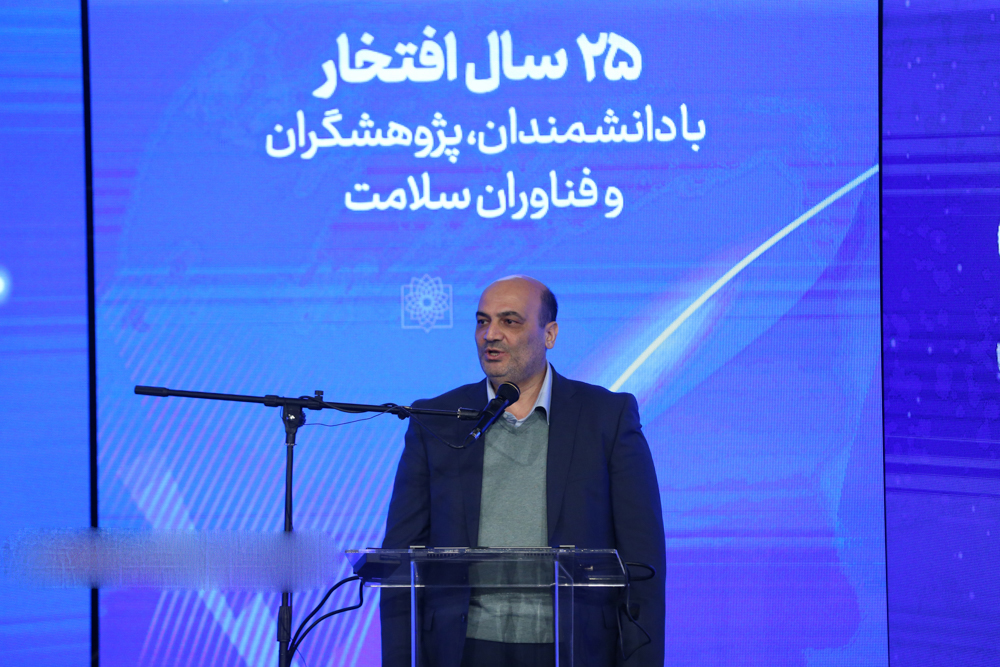In the 25th Abu Rihan Research Congress, “Sadegh Khani Ali Akbari”, the head of Iran’s Artificial Intelligence Expert Council, in his speech addressed the various aspects of the role of artificial intelligence in the huge global changes and the challenges in this path.
In this event, which was attended by a group of professors, researchers and medical officials, Dr. Khani pointed out the effects of this technology on various fields, including health and medical education, as well as the need to pay attention to related infrastructure and laws. He also spoke about the necessity of convergence of different parts of the country for optimal use of this technology.
The future of humanity with artificial intelligence
At the beginning of his speech, referring to the increasing importance of artificial intelligence in today’s world developments, Dr. Khani said: “Today, artificial intelligence is known as one of the most important factors of changes in human life. This technology currently has profound effects on various aspects of human life, including business, culture, economy, education and even health.
He emphasized: “Even in Iran, despite significant progress in the field of science production, there are still problems in the field of application and infrastructure development that prevent the optimal use of this technology in the country.”
The need to pay attention to the fields of health and medical education
In the continuation of his speech, Dr. Khani pointed out the importance of artificial intelligence in the field of health and medical education and said: “In the national document of artificial intelligence, the main priorities are placed on education and healthcare. These two areas are at the top of programs and measures due to their high importance in improving the quality of life of the people and advancing the development goals of the country.”
He continued: “The use of artificial intelligence in these fields can play an important role in preventing diseases, accelerating the treatment process, and also managing resources in health systems.”
Ahead challenges and opportunities
Khani also pointed out the challenges in the field of implementing artificial intelligence applications in Iran and said: “In the field of science production, Iran ranks well in the world, but we need more efforts in the field of developing applications and creating technical and legal infrastructure.” These challenges often cause us to be unable to use these technologies on a wide and practical level despite our high scientific capabilities.
He continued: “One of the country’s major problems in this field is the migration of scientific elites. Unfortunately, due to the lack of suitable research opportunities and the lack of necessary infrastructure, many specialists migrate to other countries. This issue should be taken seriously and the necessary platforms should be provided to retain and attract domestic elites.
The necessity of convergence for progress
At the end of his speech, Khani pointed out the necessity of cooperation between different sectors of the country, including the government, universities and industries for better exploitation of artificial intelligence and said: “To succeed in this direction, we need convergence and interaction between different sectors. Including in the field of health and hygiene, legal and technical infrastructures must be created for the use of artificial intelligence in an optimal way. We should also pay special attention to public education in this field so that people can properly use these technologies in their daily lives.”
RCO NEWS















